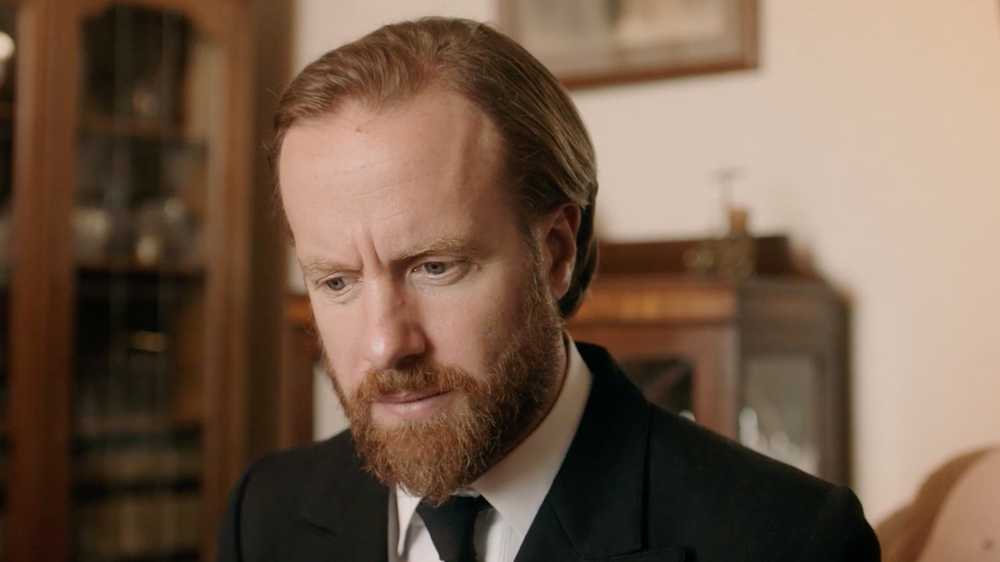Detailed movie reviews Making Noise Quietly

Three separate stories spun over 60 years detailing random meetings all informed by the rigours of war; a conscientious objector (Luke Thompson) meets a precocious artist (Matthew Tennyson); a working class mother (Barbara Marten) is visited by a naval officer (Geoffrey Streatfeild); a step father (Trystan Gravelle) and an autistic child (Orton O’Brien) come across a concentration camp survivor (Deborah Findlay) in the Black Forest of Germany.
Subtitled ‘Three Conversations’, Making Noise Quietly is a triptych of separate stories that never really escapes the origins of its source material. Adapted from Robert Holman’s 1986 stage play, debutante director Dominic Dromgoole draws mostly good performances from a little-known cast, but never finds a way to dynamize or elevate a series of talky scenes into something cinematic.
Related posts:
- Review movie Money Black (Money) - If you want to get rich, you have to risk it
- Review SHAZAM movies! - A touching family message from DC.
- Review Five Feet Apart - Love in Adversity
Reference links:https://yesmovies.sh/
It’s essentially three meetings set over 60 years all touched by a backdrop of conflict. The first, ‘Being Friends’, centres on conscientious objector Oliver (Thompson) and precocious artist Eric (Tennyson) who share a picnic in World War II Kent as doodlebugs drop around them. It’s a gentle affair, marked by two characters who have a genuine interest in each other’s lives, a story about the difference between what is said and what is meant. The second yarn, ‘Lost’, charts an awkward conversation between a working class mother (Marten) and a naval officer (Streatfeild) charged with the terrible task of telling her about the death of her son in the Falklands War. The conversation quickly gets flipped on its head.
The last story, ‘Making Noise Quietly’, follows ex-soldier step-father Alan (Gravelle) and autistic son Sam (O’Brien) — the latter refuses to speak — walking in the Black Forest in 1996, running into a concentration camp survivor who helps calm Sam but sparks conflict with Alan. The sun-dappled forest makes this the most visually interesting of the three stories but it’s also the most intense and dramatically stacked, with Findlay doing particularly good work as a woman trying to break a nexus of anger and abuse.
There is a bizarre linking device between stories — a man playing a piano in an empty barn — but the film gets a greater sense of unity through Stephen Warbeck’s classical score. Yet for all its collection of small moments and shifting dynamics, it ultimately doesn’t quite satisfy, the over-abundance of talk and lack of directorial energy rendering it a well intentioned but inert experience.
© Copyright Making Noise Quietly